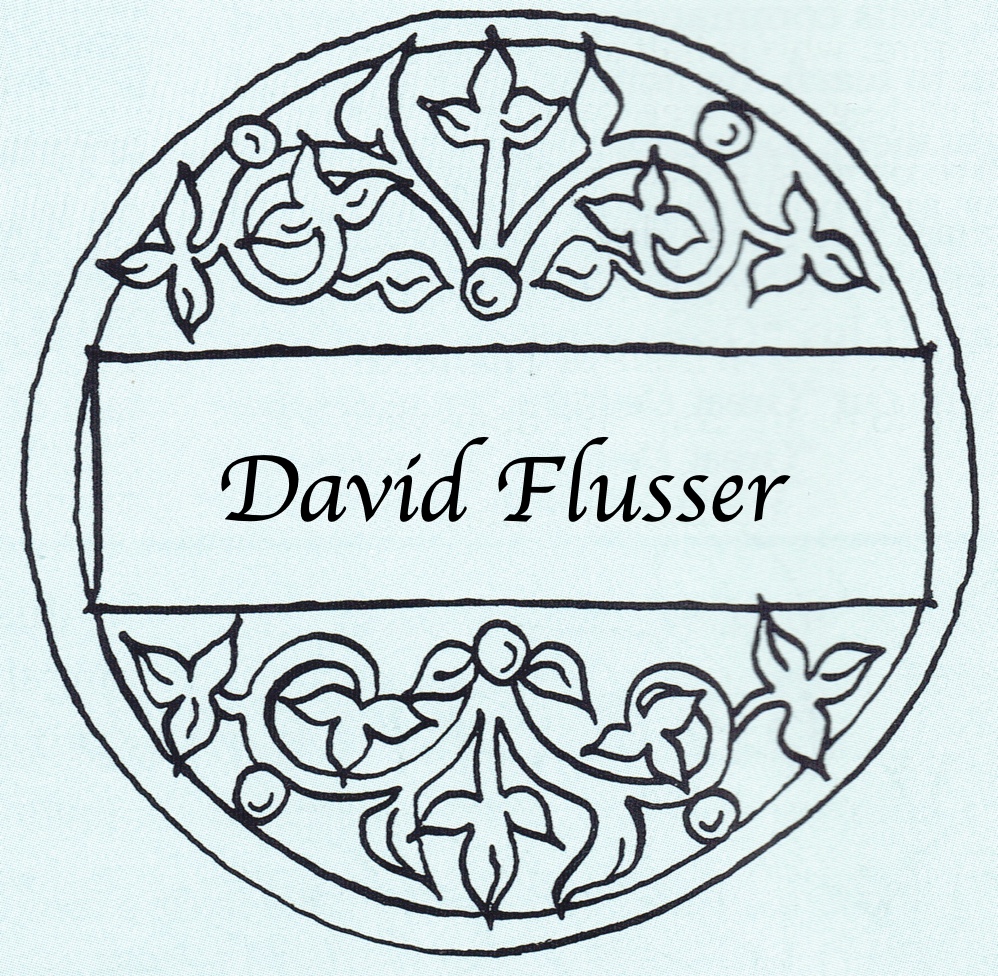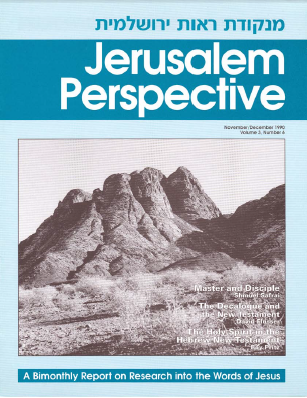
A passage in Sefer Pitron Torah, a medieval miscellany dealing with Leviticus 19, the Holiness Chapter, buttresses the conclusions arrived at in “The Decalogue and the New Testament.” If we could be sure that this passage is based on older, ancient material, and that it was not influenced by the New Testament, the area of conjecture in our conclusions would shrink, or perhaps vanish altogether.
The critical passage reads as follows:
The verse “You shall love your neighbor as yourself” is the general principle underlying all the negative commandments addressed to the individual. So long as you love your neighbor as yourself, you will obey “You shall not take the name of the Lord your God in vain” and “You shall not murder” and “You shall not commit adultery” and “You shall not steal” and “You shall not bear false witness” and “You shall not covet.” You will have obeyed all the commandments of that sort. This is what the sages said: “All the commandments in the Torah are based on two verses. One is, ‘You shall love the Lord your God’; and the other is, ‘You shall love your neighbor as yourself.’” Two hundred and forty-eight positive commandments are founded on love of God; for whoever loves God and loves his neighbor will perform them. And all the negative commandments are based on love of one’s neighbor, for as long as you fulfill that commandment you will be obeying all the negative commandments. It includes the stranger, of whom the Torah says, “You shall have one law for the stranger and the citizen.” That is why the sages taught: “Do not do to others what is hateful to you.”
Paid Content
Premium Members and Friends of JP must be logged in to access this content: Login
If you do not have a paid subscription, please consider registering as a Premium Member starting at $10/month (paid monthly) or only $5/month (paid annually): Register
One Time Purchase Rather Than Membership
Rather than purchasing a membership subscription, you may purchase access to this single page for $1.99 USD. To purchase access we strongly encourage users to first register for a free account with JP (Register), which will make the process of accessing your purchase much simpler. Once you have registered you may login and purchase access to this page at this link:



![David Flusser [1917-2000]](https://www.jerusalemperspective.com/wp-content/uploads/userphoto/21.jpg)





























































































Comments 1
Another incredible article by Flusser. I wonder why he didn’t include the work of Philo who makes many references to the Decalogue and the two part division here with the love of God and love of one’s neighbor.